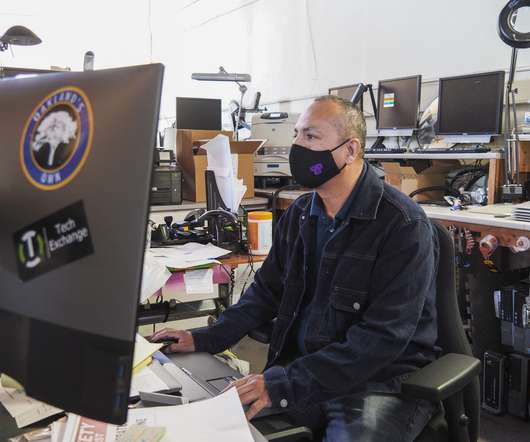How one city closed the digital divide for nearly all its students
The Hechinger Report
APRIL 14, 2022
After schools went remote in 2020, Jessica Ramos spent hours that spring and summer sitting on a bench in front of her local Oakland Public Library branch in the vibrant and diverse Dimond District. We have this huge digital divide that’s making it hard for [students] to get their education,” she said. OAKLAND, Calif.















Let's personalize your content